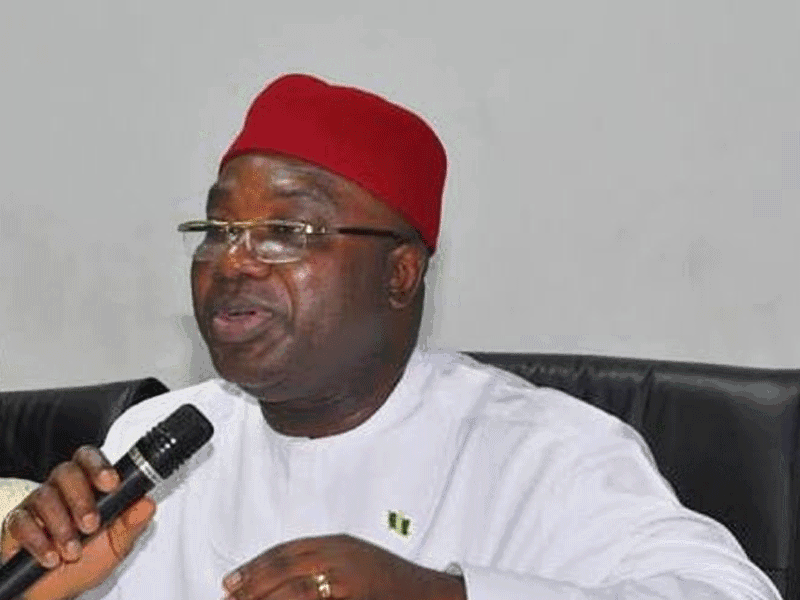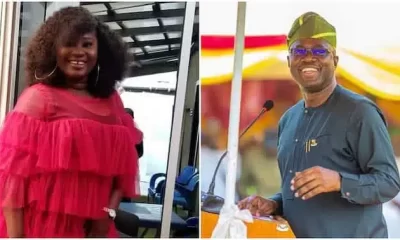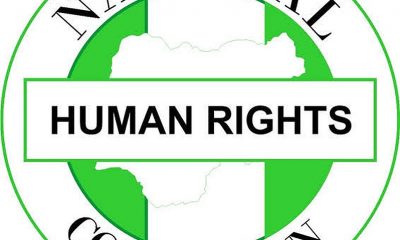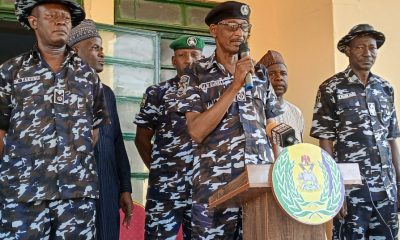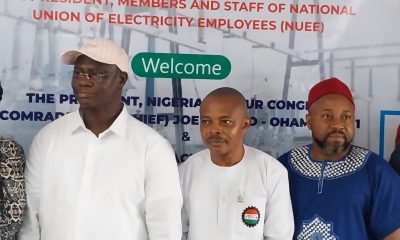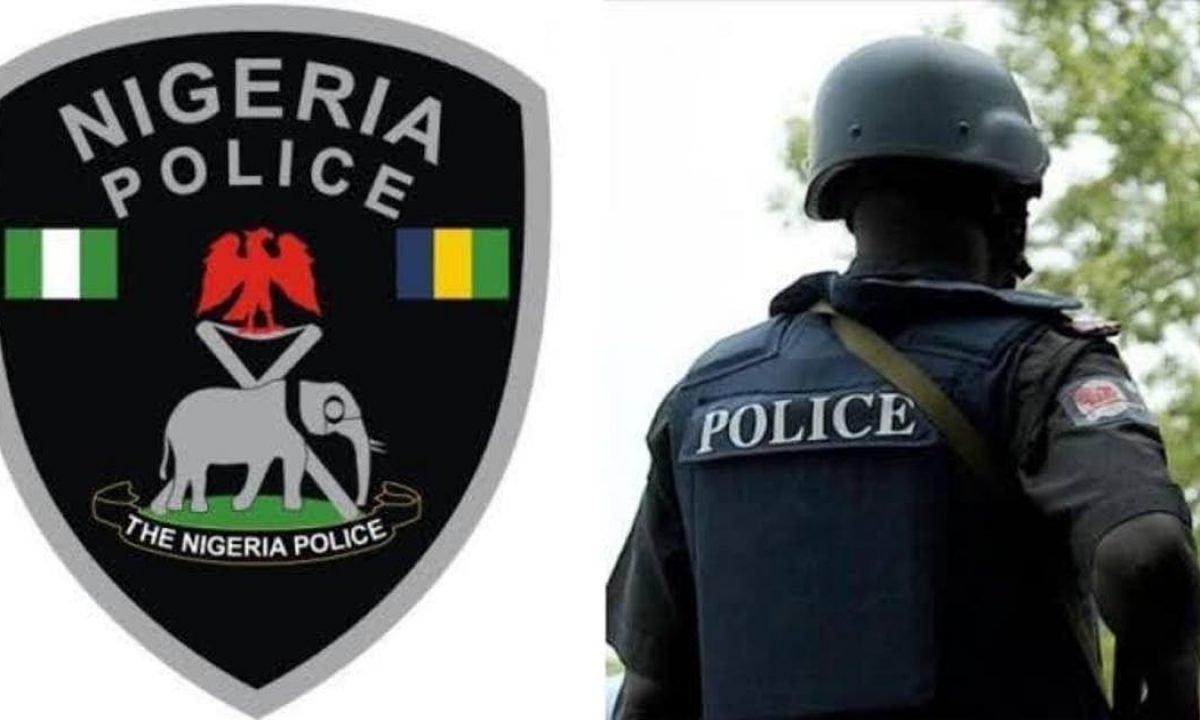The National Human Rights Commission (NHRC) says it will name and shame politicians who engage in hate speech campaign ahead of the 2023 General Elections.
The Executive Secretary of NHRC, Tony Ojukwu, made this known at a Stakeholders’ Dialogue on the State of Human Rights in Nigeria organised by Policy and Legal Advocacy Centre (PLAC) with support from the National Endowment for Democracy (NED).
”The issue of hate speech is really toxic, politics is not all about trying to use foul language and incite people against each other or trying to use religion to divide them.
“I have been listening to politicians’ campaign and nobody is talking about human rights issues in their campaign agenda, nobody is talking about how to ensure women participation in politics.
“They are also not talking about how to improve the administration of justice that cases should not be forever in courts, nor how to ensure that prison is decongested ; or how do we ensure that the police no longer brutalise people ,I have never heard anybody talk about that.
“The issues are more of hate speech and that is the foundation for violence in elections and when there is violence who is the victim? Human rights violations
“So we cannot stay here and allow them to complicate the system in such a way that our rights will be violated and we will suffer.
“The commission’s electoral intervention is to deal with hate speech by trying to fix some accountability, naming and shaming those who are involved in hate speech campaign.,” he said.
Ojukwu charged political parties in Nigeria, to make human rights protection a critical component of their campaign agenda, rather than indulging in hate speeches against their opponents.
The Chairman House Representatives Committee on Human Rights, Rep. John Dyegh, said the house was aware of the various human rights abuses and called on citizens to continue to use the appropriate channels to register their petitions for necessary action.
“At this time of the year when budgetary projections are being defended by agencies before standing committees of the house, we see the need to partner with PLAC to drive the conversation on the status of human rights protection in Nigeria.
“This conversation is anchored on chapter four of the constitution which expressly talks about the fundamental rights to life, rights to dignity of persons, rights to liberty, right to fair hearing,right to freedom from discrimination among others.
“However, circumstances such as ignorance of rights and lawful use of force and other forms of intimidation have continued to hinder the realsiation of this chapter.
“The house committee on human rights have been cognizance of this oversight of all human rights issues pertaining to petitions of rights coordination and implementation of child rights act and other matters related.’’
Dyegh expressed hope that resolutions from the dialogue would create a link and recommendations where legislators would identify problems and incidence of human rights that come from Nigerians and chart the way forward to remedy them.
The convener of the forum and Executive Director of Policy and Legal Advocacy Center PLAC Dr Clement Nwankwo, said the meeting was a convening of relevant stakeholders from civil society, the National Assembly Committees on Human Rights, and related agencies of Government.
Nwankwo said that the aim of the meeting was to drive conversations on the status of human rights protection in Nigeria, to identify specific rights violations, interrogate the reasons behind persistent violations and to proffer solutions for the enhancement of respect and fulfilment of citizens’ rights.
He said this was because in spite of constitutional guarantees, rights have continued to be trampled upon, while violators often go unpunished.
Nwankwo, advised that citizen’s reports of jungle justice on perceived offenders should be taken seriously by concerned authorities.

 Entertainment5 days ago
Entertainment5 days ago
 Health7 days ago
Health7 days ago
 Health4 days ago
Health4 days ago
 Football1 week ago
Football1 week ago
 Football1 week ago
Football1 week ago
 Crime4 days ago
Crime4 days ago
 Education6 days ago
Education6 days ago
 Crime1 week ago
Crime1 week ago
